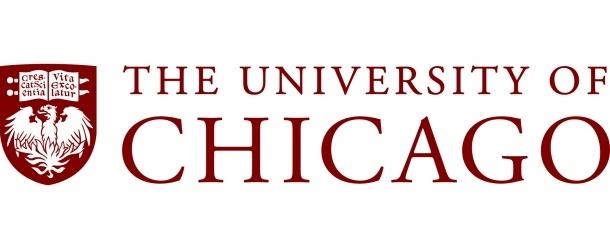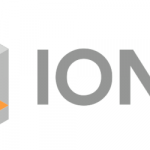UChicago Researchers Launch Pilot Program to Teach Quantum Concepts at South Side High Schools

(HPCWire) In a pilot program originating at UChicago, quantum researchers at the Pritzker School of Molecular Engineering (PME) are helping South Side high school teachers introduce their students to quantum concepts, positioning them to be part of a quantum-ready workforce.
Quantum encryption, computing, and sensing are expected to have a broad impact on industry and the economy, potentially enabling everything from unhackable digital communications to more powerful, energy-efficient electronic devices to new ways of diagnosing and treating disease.
But while there’s a rapidly growing need for quantum-trained researchers and workers, the field is young and not yet part of most students’ pre-college learning.
“We’re making exponential progress toward real-world applications of the technology, but we have a huge gap in training students who will become the workforce for this industry,” says Tian Zhong, a quantum researcher and assistant professor at PME.
Zhong’s solution sprouted in 2019, when he had the idea for TeachQuantum, a program that immerses high school teachers in quantum research labs and prepares them to teach quantum-focused STEM concepts in their classrooms. The new program connects to a broader effort at UChicago to ensure South Side educators and students are equipped with the knowledge and skills to take part in the quantum revolution.
He developed the idea further as part of the National Science Foundation’s Quantum Leap Challenge Institute for Hybrid Quantum Architectures and Networks (HQAN), a UChicago partnership with the University of Wisconsin–Madison and led by the University of Illinois Urbana-Champaign (UIUC)— all three of which are key institutions in an emerging Midwestern “quantum corridor” like California’s Silicon Valley.
Adam Davenport, a physics and chemistry teacher and chair of the science department at James H. Bowen High School in South Chicago, is one of four South Side high school teachers collaborating with UChicago quantum researchers to teach students quantum concepts early.
When high school students master the quantum basics that Davenport and Zhong both call “counterintuitive,” they’ll have an easier time with related material later. “Companies are realizing that they don’t have people in these fields because quantum isn’t part of schools’ curriculum — students may encounter bits and pieces in grad school, but that’s too late,” Zhong says.



















